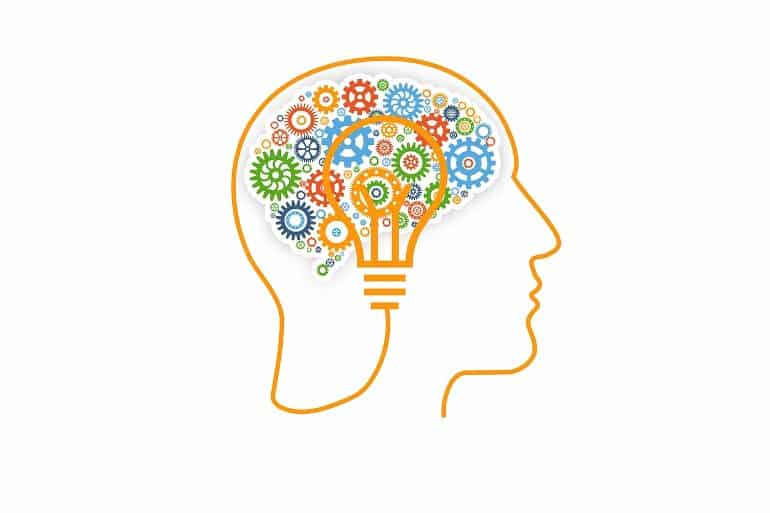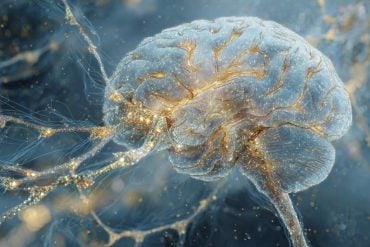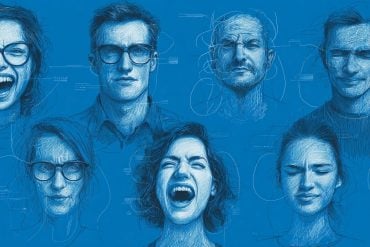Summary: A new study considers how people acquire and utilize knowledge about causal relationships.
Source: University of Göttingen
How people acquire and use knowledge about causal relationships is the focus of a new project at the Georg Elias Müller Institute of Psychology at the University of Göttingen. The Reinhart Koselleck project on “Mechanisms, Capacities, and Dependencies: A New Theory of Causal Reasoning” has been funded by the German Research Foundation (DFG). The total funding awarded is 1.25 million euros, spread over five years.
Professor Michael Waldmann, head of Cognitive and Decision Sciences at the University of Göttingen and leader of the project, has been studying causal reasoning for many years.
“Causal reasoning plays a central role in thinking, for example in predictions, diagnoses, explanations, or planning actions,” says the psychologist.
“An understanding of biological, medical and physical relationships or the invention of devices such as televisions or mobile phones would be unthinkable without causal knowledge.”
Waldmann was one of the first in cognitive psychology to address the question of whether complex statistical models (especially causal Bayes nets) provide adequate theories to explain everyday thinking about causality.
“However, causal knowledge cannot be expressed solely as a network of statistical relations. Rather, when understanding causal relationships, we also use knowledge about the underlying mechanisms,” explains Waldmann.

“In philosophy, there has therefore long been a debate about whether understanding causality can be reduced to purely statistical knowledge or knowledge about the underlying mechanisms.”
The aim of this project is to develop a new precise computational theory that integrates the two explanatory approaches within a unified model. Experts from the fields of psychology, philosophy, computer modelling, and anthropology will work together in this interdisciplinary project. The theory will be empirically tested in a series of experiments. In addition to experimental studies with adults, research projects with children and non-human primates are also planned.
The aim of Reinhart Koselleck projects is to provide financial support for outstanding researchers with a proven scientific track record to pursue exceptionally innovative, higher-risk projects.
About this neuroscience and causality research news
Author: Melissa Sollich
Source: University of Gottingen
Contact: Melissa Sollich – University of Gottingen
Image: The image is in the public domain







